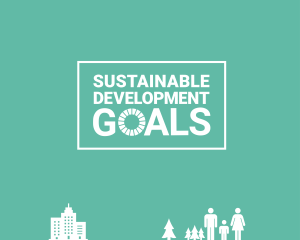The era of discarding high-value functional clothing due to minor damage may soon be over. A breakthrough from National Yang Ming Chiao Tung University (NYCU) promises to reshape the future of smart textiles and sustainable fashion.
A research team led by Distinguished Professor Jiun-Tai Chen, Dean of the College of Science and faculty member in the Department of Applied Chemistry at NYCU, has developed a pioneering material technology with self-healing properties. The innovation was granted a Republic of China (Taiwan) invention patent in January 2025 under the title “Repairable Substrate, Its Preparation Method, and Repair Method.”
A Game-Changer for the Textile, Medical, and Wearable Tech Industries
The team created a self-repairing “ion gel” that allows damaged fabrics to heal autonomously under specific conditions by integrating ionic liquids with specially engineered polymer materials. This groundbreaking advancement significantly extends the lifespan of functional materials and holds immense promise for applications across textile manufacturing, wearable electronics, and biomedical devices.
At the heart of the innovation lies a reversible physical cross-linking mechanism. The positive ions in the ionic liquid form stable ion-dipole interactions with fluorinated polymer chains, resulting in a network that can rapidly reassemble when damaged. When the material is coated and subjected to pressure, the damaged area heals efficiently, restoring structure and function.
Tackling Sustainability Challenges in High-Performance Apparel
With growing demand for durable and eco-conscious products, consumers increasingly expect their functional clothing and wearable devices to last longer and perform better. However, most high-end gear is prone to irreparable damage, such as scratches and tears, leading to early disposal. This causes economic loss and exacerbates environmental problems through increased waste and energy consumption.
Professor Chen’s innovation directly addresses this pain point—enabling materials to recover from damage autonomously and drastically extending product lifespans, thus contributing to cost savings and carbon reduction.
Toward a Greener Future: Circular Design Meets Advanced Materials
The patented technology offers broad commercialization potential and could soon be implemented across industries such as smart clothing, athletic performance wear, and advanced medical dressings. It represents a critical step toward circular material design, where products are made to last longer, consume fewer raw materials, and generate less waste.
By seamlessly aligning with Taiwan’s push for green transformation and technological innovation, this advancement reinforces NYCU’s commitment to sustainable development and high-impact academic research. The university will continue to foster academia-industry collaboration, bridging market needs with cutting-edge science to support Taiwan’s 2050 Net-Zero Emissions goals and promote a circular resource economy.
Source : NYCU News




